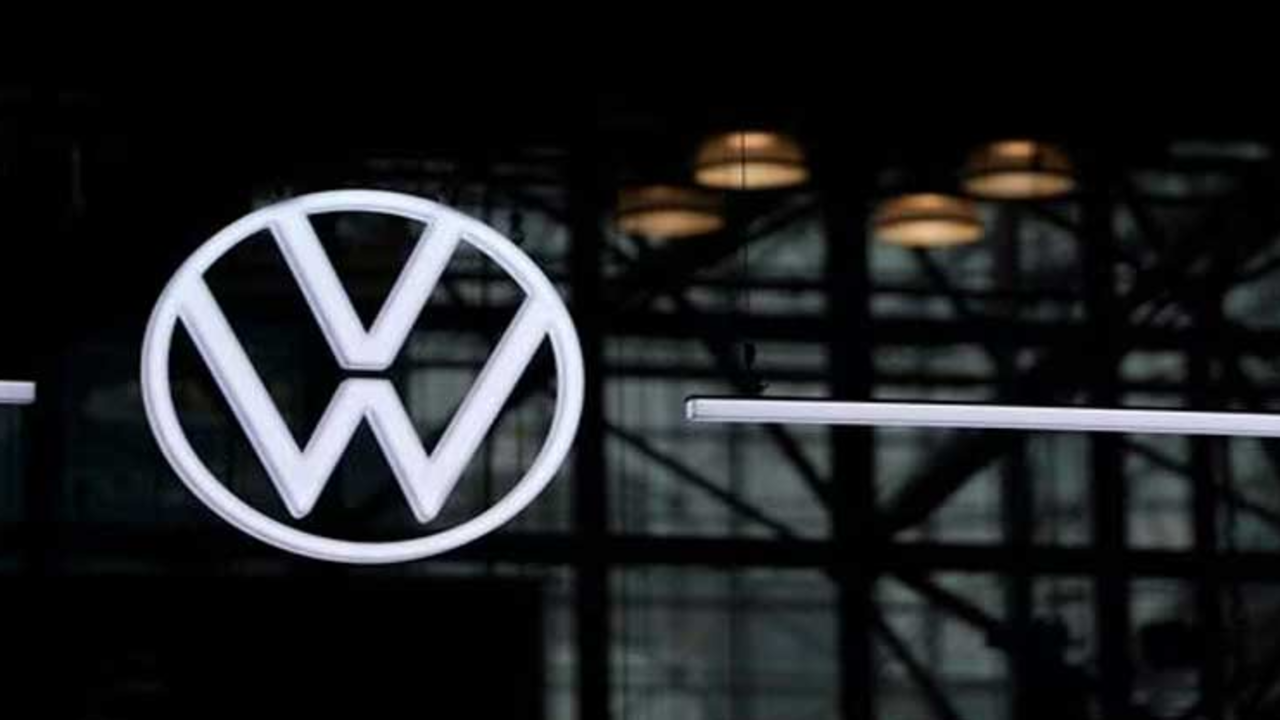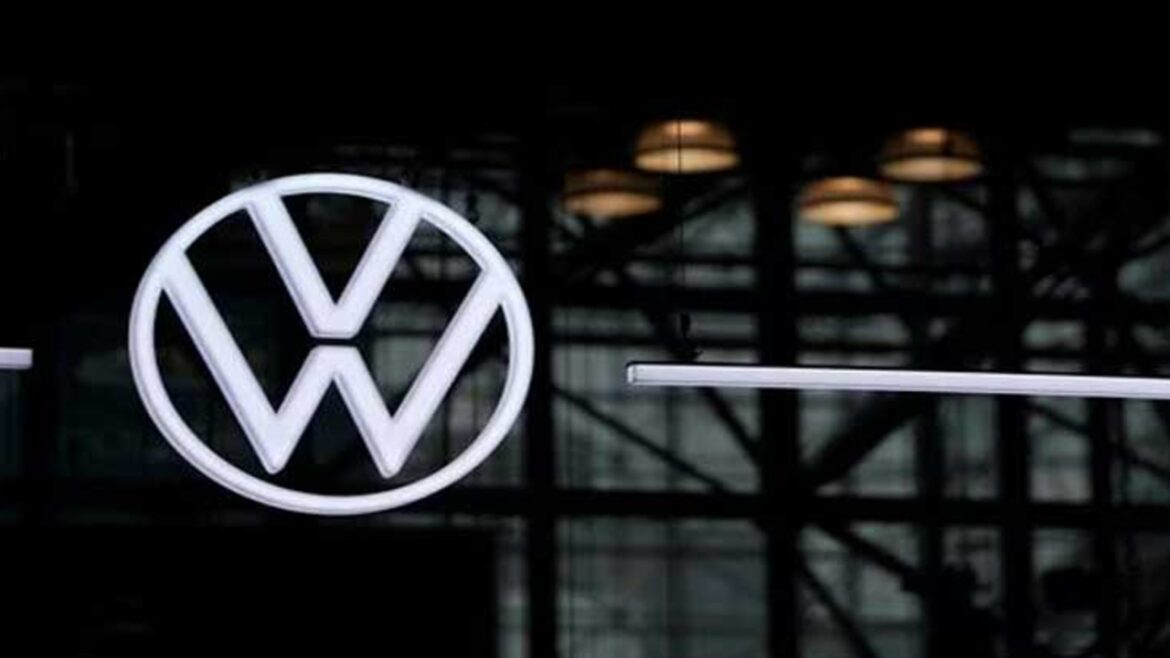
Volkswagen is grappling with significant challenges that have prompted discussions of factory closures and job cuts. The company's core brand, Volkswagen Passenger Cars, is seeking to achieve 10 billion euros in cost savings by 2026.
The decision to consider closing factories in Germany, a move that would be unprecedented in the company's 87-year history, has sparked outrage among employees and raised concerns among German politicians. The company's management has emphasized the need to reduce costs and remain competitive in a challenging market.
Despite generating a solid operating profit in the first half of 2024, Volkswagen's passenger car division has faced declining earnings and profit margins. Rising costs, including higher wages, sluggish electric vehicle sales, and increased competition from Chinese manufacturers have contributed to these challenges.
Volkswagen's ambitious plans to transition to electric vehicles have been hindered by high battery costs and weaker demand for EVs in Europe. The company's efforts to compete with Chinese manufacturers in the electric vehicle market have also been challenging.
The potential plant closures and job cuts have significant implications for Germany, where Volkswagen is a major employer. The company's presence is closely tied to the country's economic prosperity and social well-being.
Employee representatives and the German government have expressed strong opposition to plant closures, advocating for alternative solutions to address the company's financial challenges. Negotiations between management and employees are expected to be lengthy and complex.
The future of Volkswagen hinges on its ability to navigate these challenges successfully.
(With Agency Inputs)

